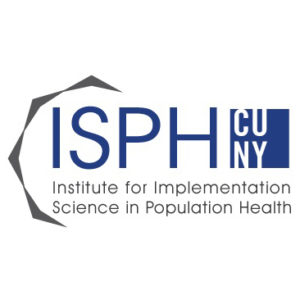On March 20th, 2024 the WEATHERing HIV study team from CUNY SPH hosted a session on extreme weather events and their impact on HIV health outcomes in Vilamoura, Portugal, at the 26th International Workshop on HIV and Hepatitis Observational Databases (IWHOD). The team of 8 researchers represents an inter-institutional collaboration with team members Denis Nash, Ellen Brazier, Sarah Kulkarni, and Elijah Baker from CUNY ISPH, Sheri Weiser and Pam Murnane from University of California – San Francisco, Frank Davenport from University of California – Santa Barbara, and Andrew Maroko from Mount Sinai. Together, members bring various backgrounds as leading HIV researchers, spatial geographers, and climate scientists to bring a new level of understanding to the climate impacts on people living with HIV.
The session, titled “Examining the influence of climate and weather extremes on HIV care outcomes” focused on:
- The interconnections between the climate crises and the HIV epidemic, and how climate extremes can indirectly contribute to greater spread of the virus
- Denis Nash’s recently awarded R01 grant, which provides 4 years of funding to evaluate 1) the quantitative impacts of extreme weather events on HIV Care Outcomes, as well as 2) a qualitative study to learn directly from people living with HIV in Rwanda and the Philippines with the goal identifying successful avenues for resilience that can be highlighted to funding agencies.
You can view a video of the presentation here. The audience was comprised of health and HIV researchers representing many agencies. Attendees included researchers from all seven regions of the International epidemiology Databases to Evaluate AIDS (IeDEA) network, members of the National Institutes of Health, and other senior HIV researchers.
After the core presentation, there was a 1-hour audience Q&A and group discussion about the methodologies involved and future directions in HIV and climate research. The conversation provided suggestions to improve the WEATHERing HIV project’s methodologies for a broad-use dataset, while also generating ideas for future international R01 collaborations.
The WEATHERing HIV team is gearing up to submit our first analyses for publication before the end of the calendar year. Stay tuned!




